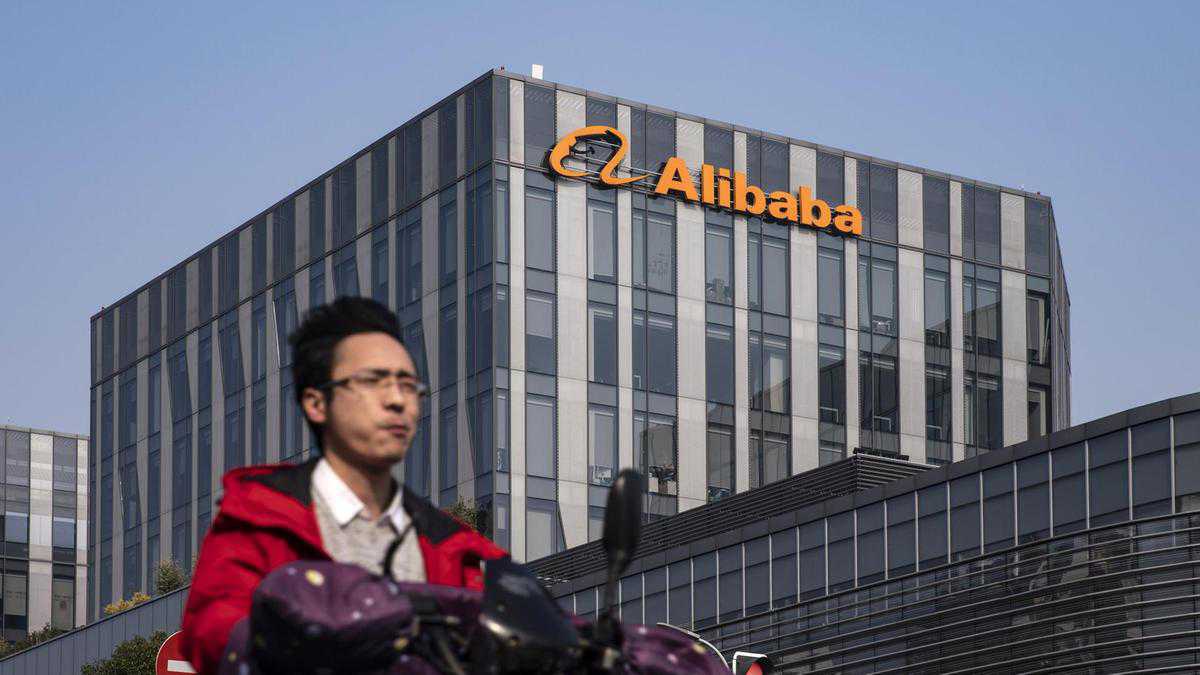Alibaba's US-listed shares nosedive on China monopoly investigation
26 December, 2020

Alibaba’s US-listed shares tumbled the virtually all ever before in intraday trading on concern over China’s inquiry into alleged monopolistic methods at the e-commerce enterprise.
Affiliate Ant Group, the additional pillar of billionaire Jack Ma’s internet empire, was as well summoned to a high-level meeting over fiscal regulations.
The pressure on Mr Ma is central to China’s broader effort to rein within an increasingly influential internet sphere. Draft anti-monopoly guidelines released in November provided the government huge latitude to restrain business owners who until recently enjoyed unusual freedom to increase their realms.
The Alibaba inquiry is “a warning that winds have shifted”, Bloomberg Intelligence said in a study note. The risk, analyst Vey-Sern Ling wrote, is that business operations “could deal with long-term headwinds” as a result of such moves.
The stock fell as much as 16 % in its biggest one-day intraday percentage loss on record. The decline required Alibaba to its lowest level since July, and the inventory is now down a lot more than 30 % from an October peak.
Alibaba said in a good statement it'll cooperate with regulators within their investigation, and that its functions remain normal.
Once hailed as motorists of monetary prosperity and symbols of the country’s technological prowess, Alibaba and rivals like Tencent face increasing pressure from regulators soon after amassing vast sums of users and gaining impact over almost every aspect of daily life in China.
Alibaba slid 8 % found in Hong Kong to a five-month trough on Thursday. Asia’s major corporation after Tencent features led losses among China’s internet sector leaders since Ant’s IPO acquired yanked, taking the entire toll to roughly $200 billion. Tencent and net services huge Meituan finished more than 2.6 % lower, while SoftBank, Alibaba’s major shareholder, sank 1.7 % in Tokyo.
Some analysts predict there’s a crackdown coming, but a targeted one. They indicate language in the restrictions that suggests a heavy focus on on-line commerce, from forced exceptional arrangements with merchants referred to as “Pick 1 of 2” to algorithm-based prices favouring brand-new users. The regulations specifically warn against advertising at below-expense to weed out rivals.
Source: www.thenationalnews.com
